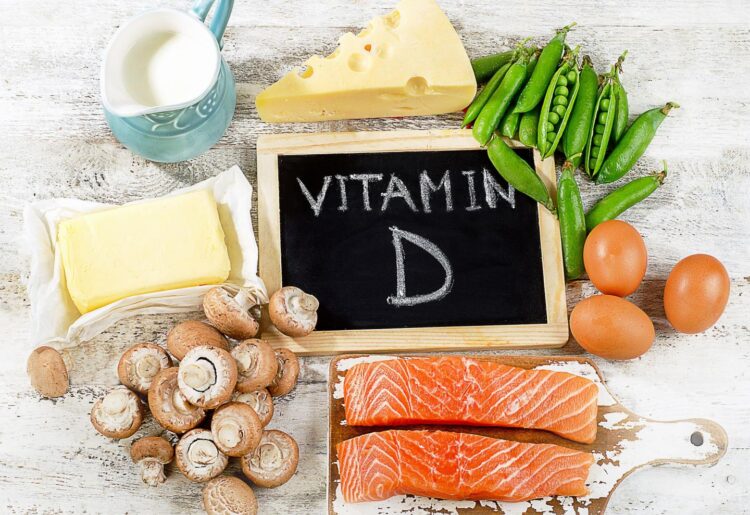
Credit: University of South Australia
As many cancer patients will confirm, the chemotherapy prescribed to kill the disease is often more debilitating than the cancer itself, with a range of horrendous side effects.
Gastrointestinal mucositis, a painful inflammation and ulceration of the digestive tract, is one adverse outcome of chemotherapy that has plagued cancer sufferers for years, and for which no effective treatment currently exists.
But this bleak outlook may be about to change, according to University of South Australia researchers who say Vitamin D could potentially mitigate inflamed intestinal tracts and provide relief to cancer patients.
A new study undertaken by Dr Andrea Stringer, Associate Professor Paul Anderson and PhD student Cyan Sylvester highlights the limited options for easing the gastrointestinal side effects of chemotherapy, singling out Vitamin D and probiotics as the most promising.
“We already know that Vitamin D helps in the absorption of calcium, but new findings suggest it may also play an important role in chemotherapy-induced intestinal mucositis,” says Sylvester, the lead author of a recent paper reviewing new therapeutic strategies for combatting gastrointestinal toxicity.
“The severity and progression of various gastrointestinal diseases, such as irritable bowel syndrome and colorectal cancer, is associated with Vitamin D deficiency,” she says.
“It appears that Vitamin D helps suppress inflammation and enhances the function of T-cells which boosts immunity.”
Vitamin D is also thought to improve the efficacy of certain anti-cancer drugs.
The researchers are now working on ways to enhance the activity of vitamin D in the intestine as a more viable option for treating gastrointestinal mucositis.
“We know that Vitamin D definitely does more than help absorb calcium, but we need to better understand and optimise its action in the gut before we can be 100 per cent confident that it could be a treatment option for gastrointestinal mucositis,” says Dr Stringer.
“We are investigating the effects of enhanced vitamin D activity in the intestine on both reducing damage and minimising compositional change to the gut microbiome caused by chemotherapy agents.”
Probiotics (live bacteria and yeast) have also been widely promoted for digestive health and there is evidence they reduce the severity of diarrhoea and abdominal pain, but researchers have not been able to establish the direct effect of probiotics on intestinal function that reduces these side effects during and following cancer treatment.
“Vitamin D shows the most promise and could prove the key hormone to alleviate suffering for cancer patients,” Dr Stringer says.
###
Their paper has been published in Supportive and Palliative Care. For a copy, email [email protected]
Media Contact
Candy Gibson
[email protected]
Original Source
https:/
Related Journal Article
http://dx.





